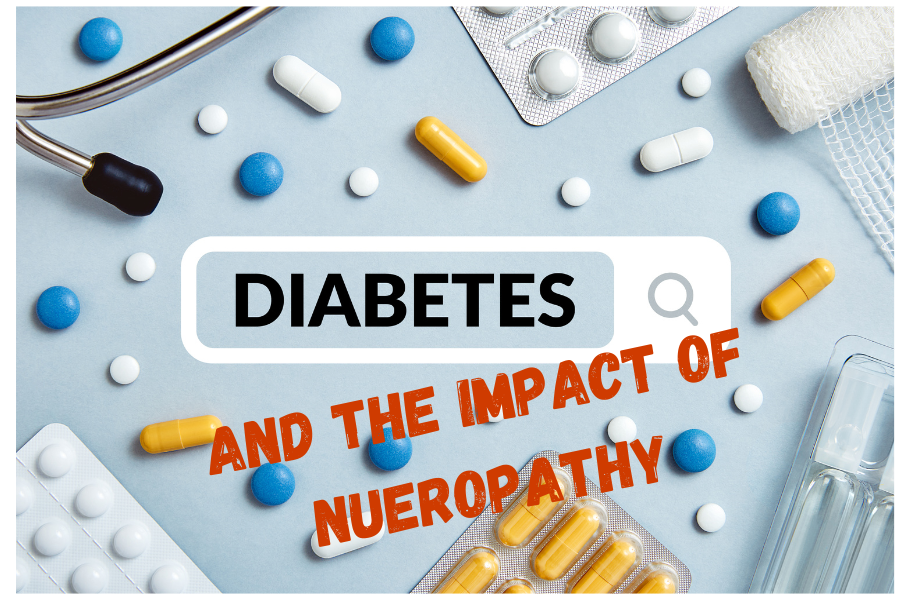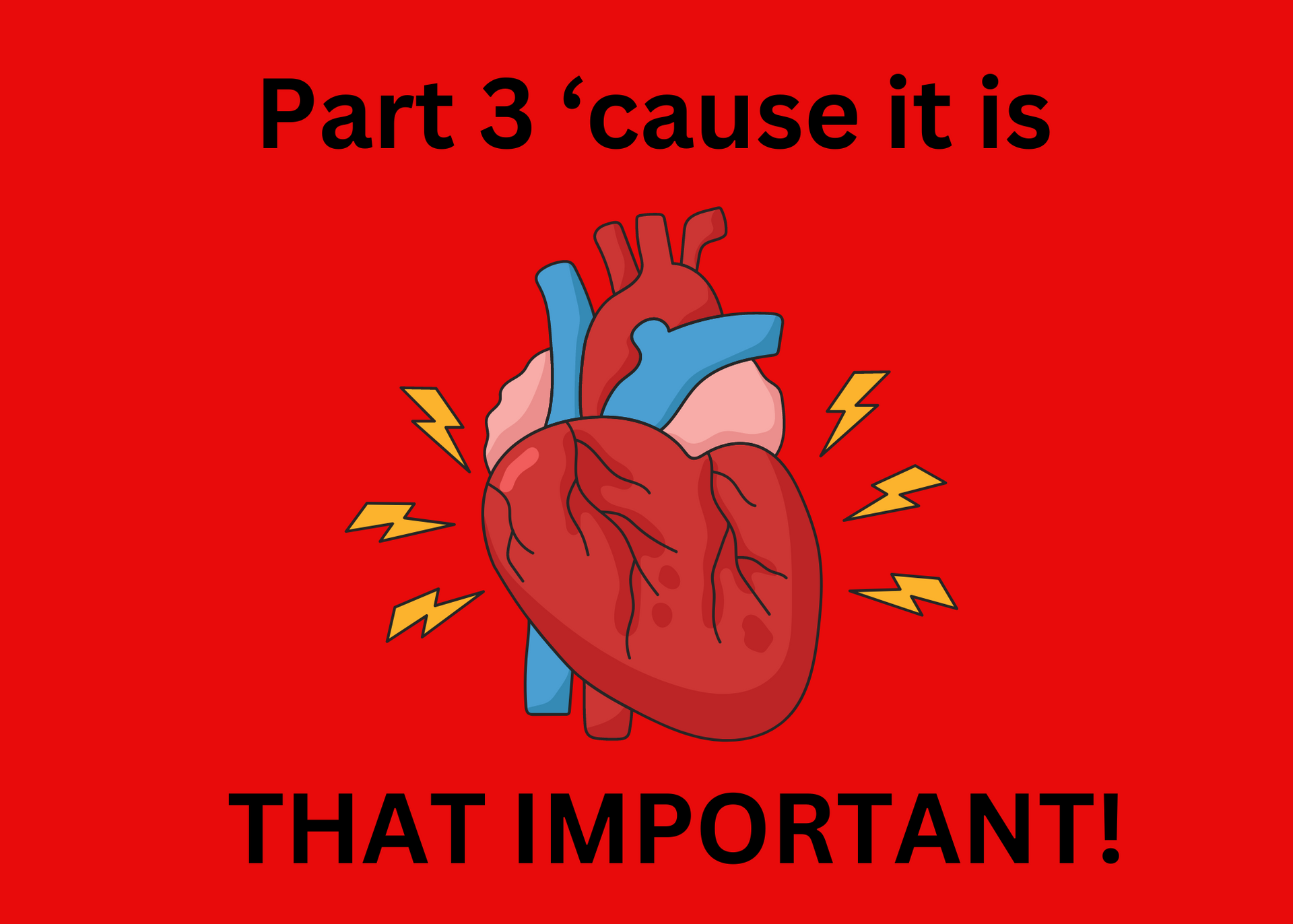And where are they found?

Trace Minerals
Today may be the day you decide to read the label on the multivitamin that you take. Most of the ingredients are familiar to you, but you get to a section of the list, and it becomes less familiar. The words are tough to pronounce, and you may have heard about them at some point, but you don’t know what they are. You have now entered the trace mineral zone.
The most common minerals that come to mind are calcium, magnesium, sodium, potassium, and phosphorus. The reason you may know these minerals may be that they are routinely tested on lab work at your practitioner’s office. All these minerals are important and are needed in large amounts for the body to function optimally.
Trace minerals are just as essential; however, we only need a tiny amount or trace of each to function correctly. The small amount does not take away from the importance of trace minerals. Minerals come from the soil and are sourced from the foods we eat. Plants take up minerals from the soil, and animals eat the plants that contain minerals. If the soil does not have the necessary minerals, we have a problem.
A quote from Alexis Carrel, the 1912 Nobel Peace Prize winner: “Since soil is the basis for all of human life, our only hope for a healthy world rest on re-establishing the harmony in the soil we have disrupted by our modern methods of agronomy. All of life will be either healthy or unhealthy according to the fertility (potential) of the soil.”
The quote was from 1911, and so much has changed in our environment since that time. If the soil lacks minerals, the food from plants and animals will also lack the minerals necessary to sustain us.
A great example of this is the “goiter belt,” the region of the US stretching from the Rockies to the Great Lakes to western New York. This region lacks iodine in its soil, and people developed goiters because of the deficiency.
Trace minerals are crucial in many metabolic pathways. Consider a metabolic pathway like a garden hose. If the hose becomes kinked or develops a leak, the end product, which is water coming from the hose, can be drastically affected. The lack of a nutrient can be that kink that stops or drastically affects the process in a metabolic process.
Some of the functions of trace minerals include:
• Being crucial building blocks for 100’s of enzymes
• Necessary for a multitude of biochemical reactions
• Required for normal growth and development
• Serve as antioxidants
• Support the blood system
• Necessary for hormone production
The list makes it evident that having a kink in the hose can be a genuine concern for metabolic function.
What are the most common trace minerals?
Chromium helps with glucose metabolisms and insulin function. A chromium deficiency can lead to symptoms like diabetes. A balanced diet including fruits, veggies, fish, meat, and grains should cover your dietary need for chromium.
Zinc is a trace mineral I covered in an article a couple of weeks ago. It is vital for our immune system, neurological function, growth and development, and reproduction. Foods rich in zinc include oysters, beef, crab, dark-meat chicken and turkey, pork, milk, cashews, and cheese.
Iron is essential in many enzymatic processes, critical for red blood cell formation and lean muscle mass. Deficiencies can occur in women of childbearing age, pregnant women, gastritis patients, and people who regularly do intense workouts. Red meat, chicken and turkey, seafood, and dark, leafy green vegetables are sources of iron.
Copper is needed for energy production, connective tissues, neurotransmission, and the production of hemoglobin. Reasons for copper deficiency are malnutrition, malabsorption, and too much zinc intake. Sources include organ meats, nuts, seeds, shellfish, wheat bran, and whole grains.
Iodine is most closely linked to thyroid function so think low thyroid when considering deficiencies, slow metabolism, weight gain, and mental fatigue. Many countries fortify salt to overcome this deficiency. Dairy, grain, eggs, and poultry are significant sources.
Manganese is another trace mineral involved in many enzymatic pathways and explicitly helps bone development and wound healing. Sources of manganese are whole grains, nuts, teas, and leafy vegetables.
One way to find out if we lack the vital nutrients is through testing, which can be done with routine lab work when you go to your practitioner. Micronutrient testing is a deeper dive into looking at nutrients in your system. I recently had a couple in my office and found out that one of them lacked zinc and manganese. We talked about foods that can be eaten to replenish these nutrients but ended up with a supplement that will supply the necessary amounts of zinc and manganese to overcome the deficiencies.
Diet is the best way of overcoming nutrient deficiencies; however, when we don’t have access to quality food or food that is high in nutrients (as explained above), taking a dietary supplement that is specifically a mineral formula or taking a quality multivitamin with minerals is a way to fill the void. Food should always be looked at first but know that you have a backup plan if needed.
If you would like more information on mineral-containing formulations, call the pharmacy @ 701-483-4858 or stop in and have my staff answer any questions.
Please visit my website at www.irsfeldpharmacy.com to find this and other archived articles in the blog section.
Until next time, be vigilant about your health!!!
VISIT US
HOURS
HOURS
CONTACT US
Fax #: (701) 483-4926












Share On: